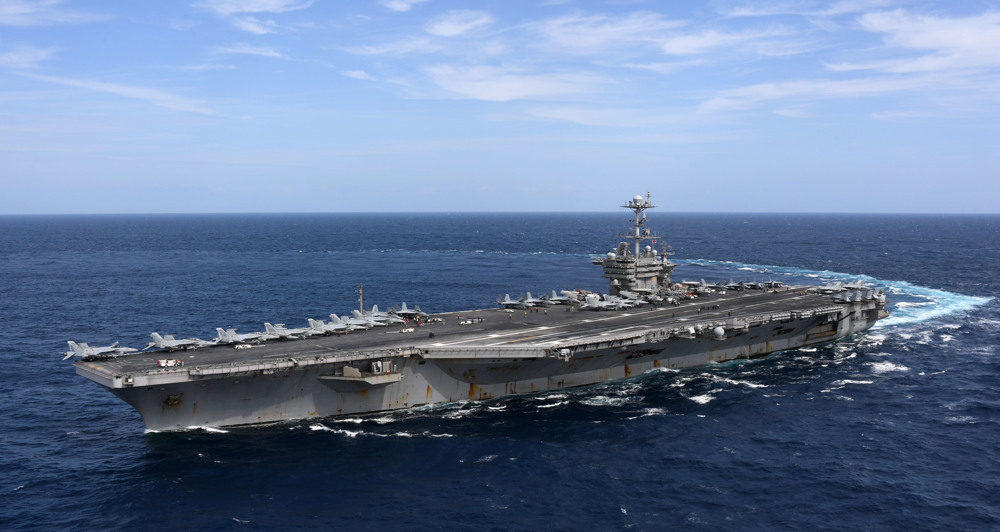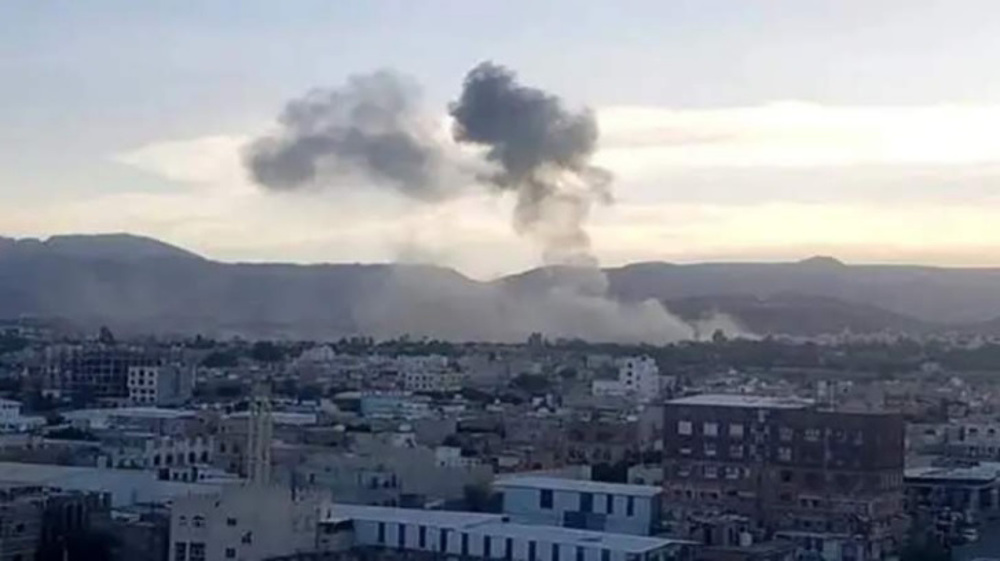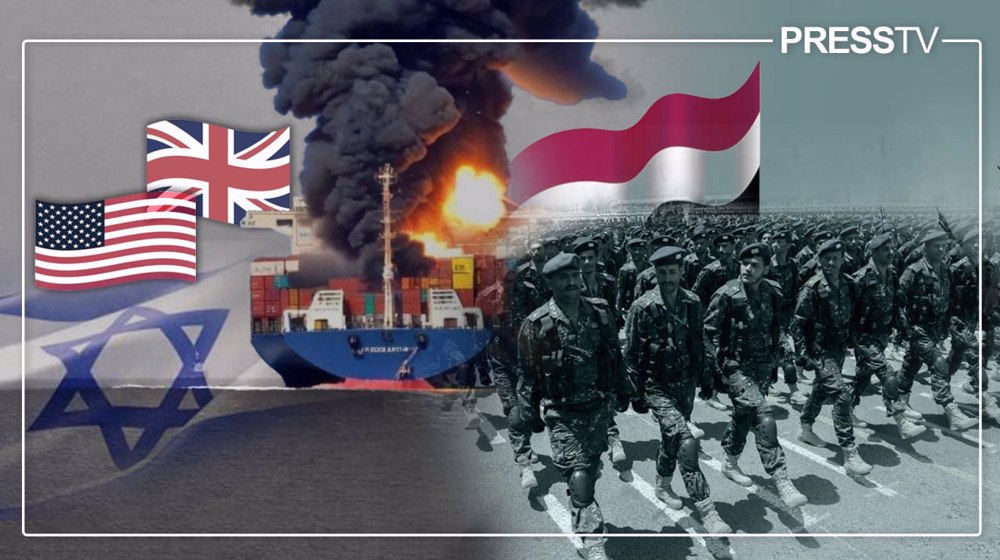US Navy commander warns of arms race in South China Sea
A top US military commander says an arms race might happen in the disputed South China Sea amid Washington’s siding with China’s rivals in the disagreement.
US Pacific Fleet Commander Admiral Scott Swift said on Monday that the arms race could engulf the entire Asia-Pacific region, calling on countries like China to seek arbitration to settle the disputes.
"My concern is that after many decades of peace and prosperity, we may be seeing the leading edge of a return of 'might makes it right' to the region," Swift said in Hawaii, according to Reuters.
"Claimants and non-claimants alike are transferring larger shares of national wealth to develop more capable naval forces beyond what is needed merely for self defense," Swift said.
Beijing has, on different occasions, asserted its sovereignty over nearly all of the South China Sea, which serves as a crossing for more than USD 5 trillion worth of maritime trade annually. The sea is also claimed in part by the Philippines, Brunei, Vietnam, Malaysia and Taiwan.
The US has accused China of implementing what it calls a land reclamation program in the South China Sea by building artificial islands in the disputed areas.
However, Beijing has maintained that Washington meddles in the regional issues and deliberately stirs up tensions in the contested waters.

On December 13, the Chinese Defense Ministry said the country had stepped up its military drills in the region as part of its routine exercises.
The ministry said in a statement that China’s navy had organized a fleet to go to relevant waters in the South China Sea to stage exercises.
Some countries have become increasingly inclined to use military force to settle the spats instead of international law.
Swift said that “the Arbitration Tribunal's case between the Philippines and China could become the latest opportunity to demonstrate lawful access to regional prosperity for all nations."
So far, Beijing has not accepted the courts’ jurisdiction and has boycotted the hearing.
Although rulings must be binding on its member countries, including China, the tribunal has no power of enforcement and its verdicts have sometimes been overlooked.
Araghchi: Iran-Russia strategic deal step toward ‘more just world’
UNRWA unraveled amid Israel's allegations, reduced intl. support
Palestinian journalist, a Sobh Media Festival awardee, killed in Gaza hours before truce
Jan. 15: ‘Axis of Resistance’ operations against Israeli occupation
VIDEO | Fears, hope in Gaza amid intensified ceasefire efforts
VIDEO | Press TV's news headlines
Hamas: Ceasefire agreement result of steadfastness, resistance in Gaza over 15 months
Hamas thanks Iran, Resistance Front following achievement of ceasefire in Gaza














 This makes it easy to access the Press TV website
This makes it easy to access the Press TV website